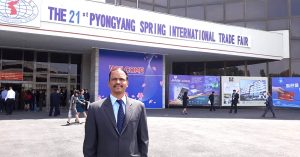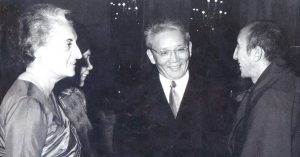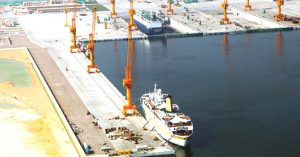Entry Into the Wassenaar Arrangement: What This Means for India
The export control regime met for its plenary session earlier this week and admitted India into the 42-nation group.
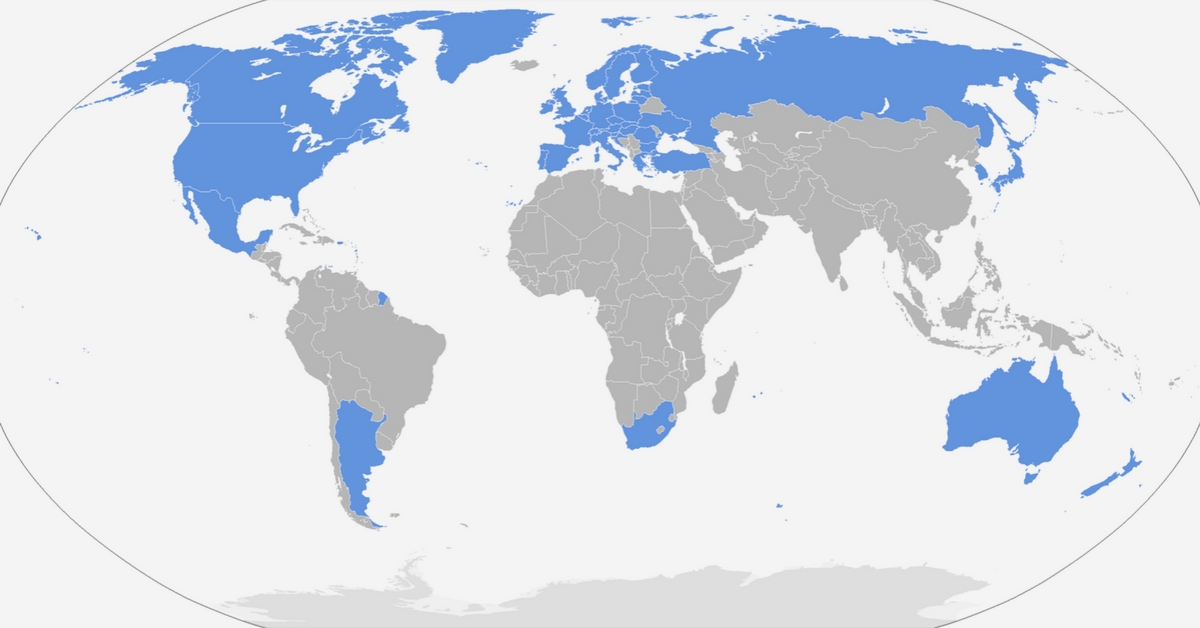
In a significant development earlier this week, India was admitted into the Wassenaar Arrangement (WA)—a multilateral export control regime that regulates the transfer and access to conventional weapons and (dual use) technology used for both peaceful and military aims.
The WA is made up of 42 nations including all permanent members of the United Nations Security Council, except China. The decision to include India was taken during a two-day plenary meeting of the group.
Since India signed a historic nuclear deal with the United States in 2008, India has acquired a seat on the table of two (WA and Missile Technology Control Regime) major non-proliferation regimes in the world, despite not being a signatory to the Non-Proliferation Treaty (NPT). The other two regimes are the Nuclear Suppliers Group and the Australia Group. In the coming months, India is expected to get admission into the Australia Group.
As per their website, the WA’s goal is to “promote transparency and greater responsibility in transfers of conventional arms and dual-use goods and technologies”.
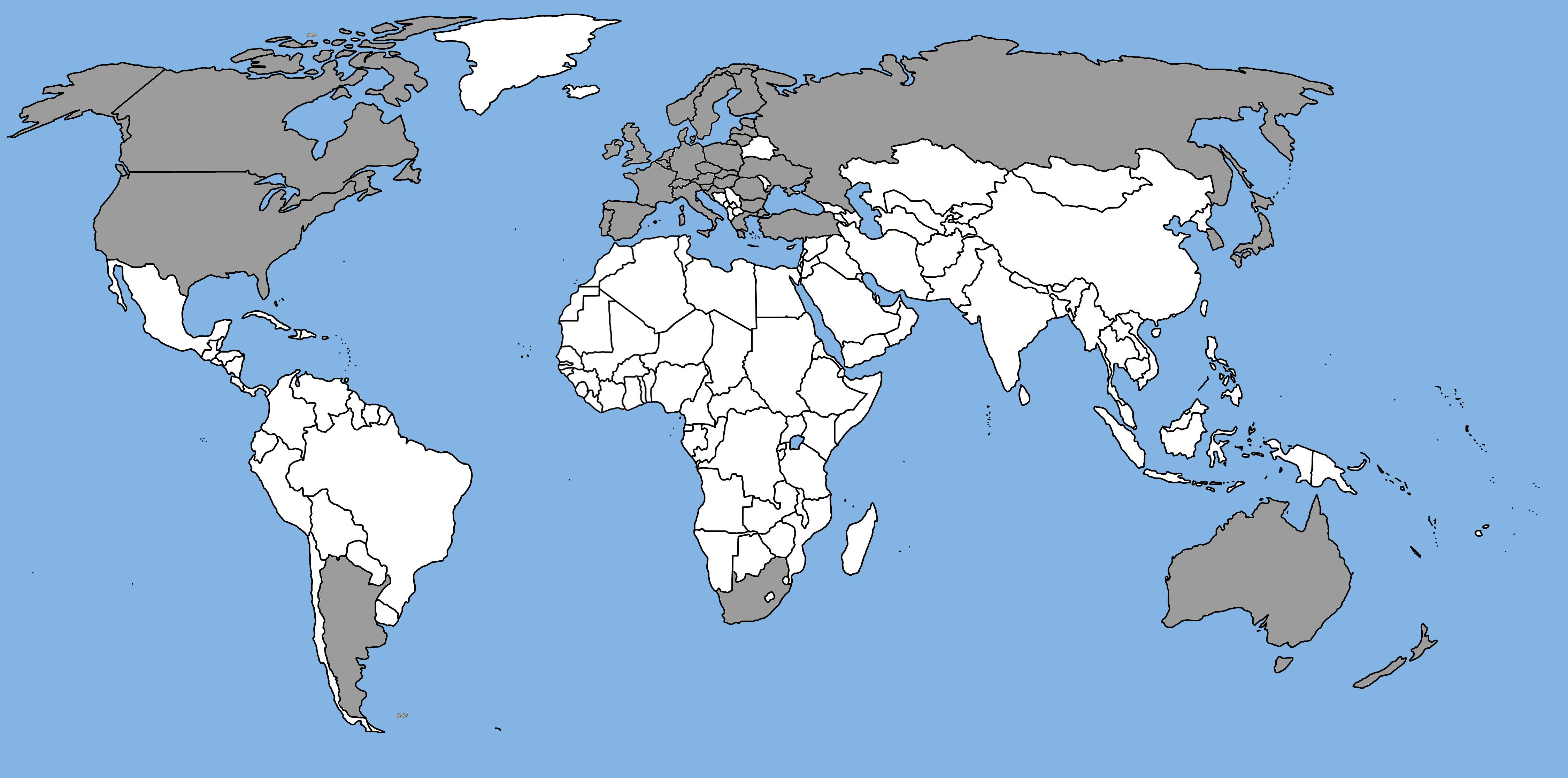
Member nations must “ensure that transfers of these items do not contribute to the development or enhancement of military capabilities which undermine the goal”. In addition, the WA also seeks to prevent terror groups from acquiring these items.
To the uninitiated, the WA was set up in 1996 following the dismantling of Cold War-era Committee for Multilateral Export Controls. Wassenaar, the name, comes from a small suburb in The Hague, where member nations agreed on this multilateral export control arrangement in 1995.
As per its charter, the group works based on what it calls WA Control Lists. “The controls are subject to ratification by the participants. WA members agree to exchange information on sensitive dual-use goods and technologies and report on such transfers and denials of controlled items to non-participants,” says a report in The Hindu.
“India’s membership (in Wassenaar Arrangement) is expected to facilitate high technology tie-ups with Indian industry and ease of access to high tech items for our defence and space programmes… The membership would create the grounds for realignment of India in the export control policy framework or other WA members, including eligibility for certain licensing exemptions,” a spokesperson from the Ministry of External Affairs said on Friday at a press briefing.
For greater access to such necessary technology and product exports, India will still have to apply for licences, but the entire application procedure is expected to get easier.
As a non-signatory to the NPT, India had trouble accessing dual-use technology from member nations of these export control regimes, even after signing the nuclear deal with the United States. ‘Dual-use’ refers to technology that can have peaceful and military applications. The technology used to harness nuclear energy, for example, is a good example of ‘dual-use’.
Read also: India’s Special Access to Iran’s Chabahar Begins, and We Should All Celebrate This
Admission into the WA is an affirmation of India’s position as a responsible nation in the arena of dual-use goods and technology, besides transfer of conventional arms. Entry into these export-control regimes will give India better access to such critical technology.
For more than 40 years since India tested its first nuclear bomb, major countries have hesitated to deal with India. New Delhi’s stringent position on not signing the NPT made matters worse.
But now, New Delhi hopes that entry into two export-control regimes will give it the necessary leverage to get admission into the Nuclear Suppliers Group, which China continues to block.
Like this story? Or have something to share? Write to us: [email protected], or connect with us on Facebook and Twitter.
NEW: Click here to get positive news on WhatsApp!
This story made me
- 97
- 121
- 89
- 167
Tell Us More
We bring stories straight from the heart of India, to inspire millions and create a wave of impact. Our positive movement is growing bigger everyday, and we would love for you to join it.
Please contribute whatever you can, every little penny helps our team in bringing you more stories that support dreams and spread hope.






